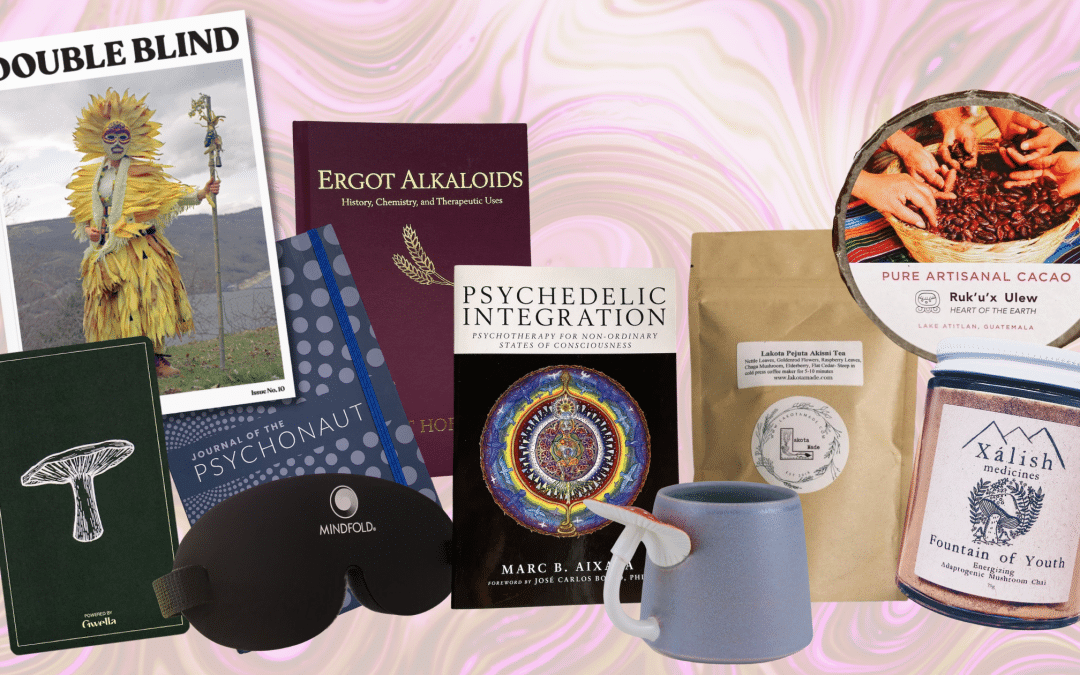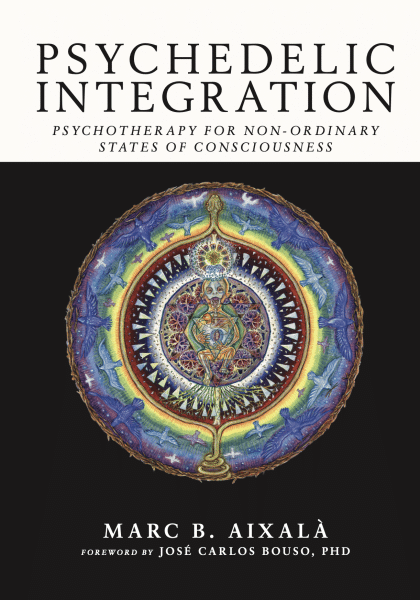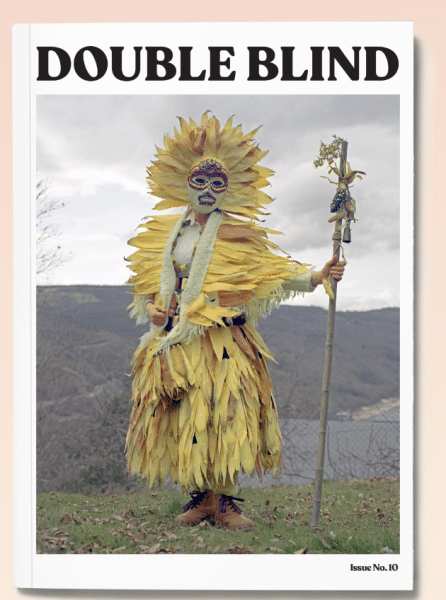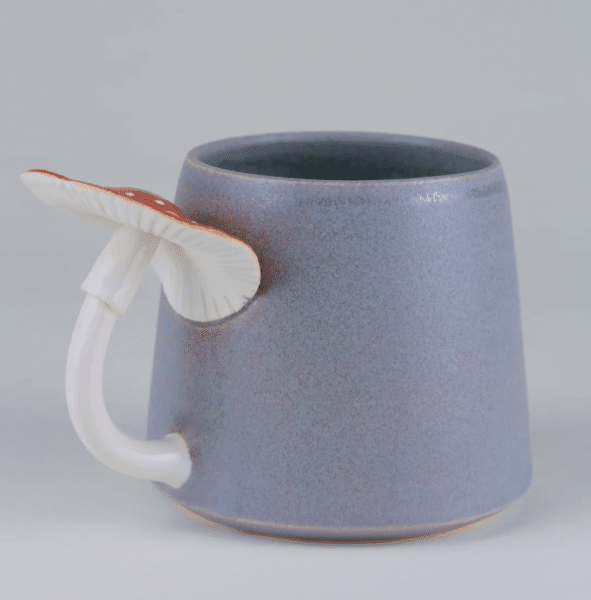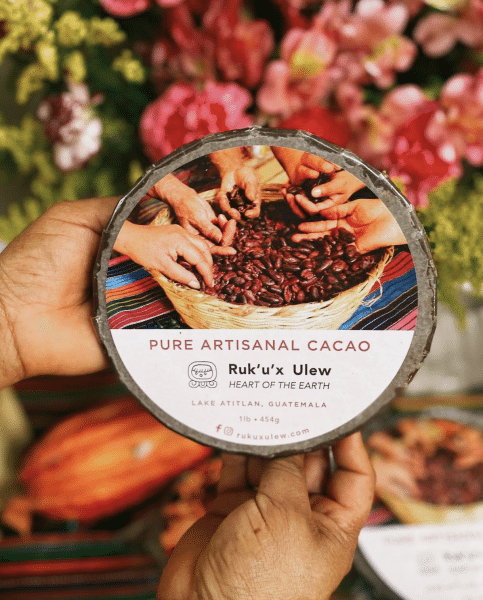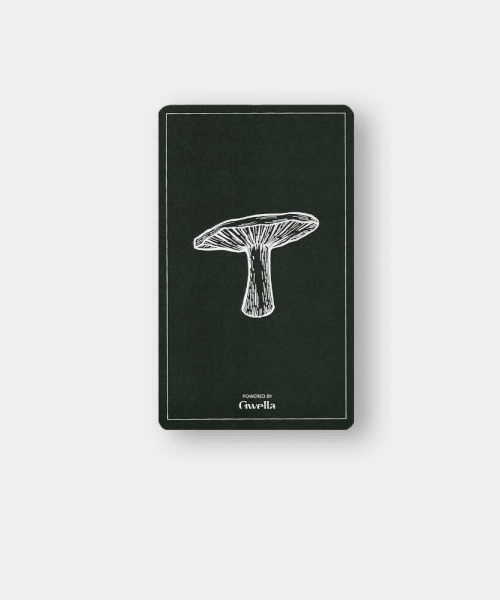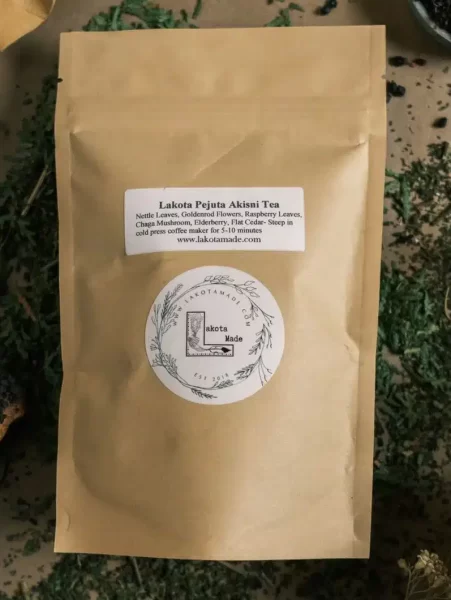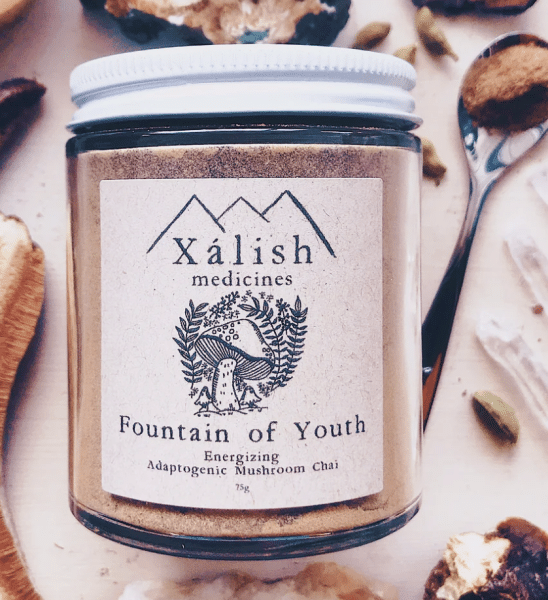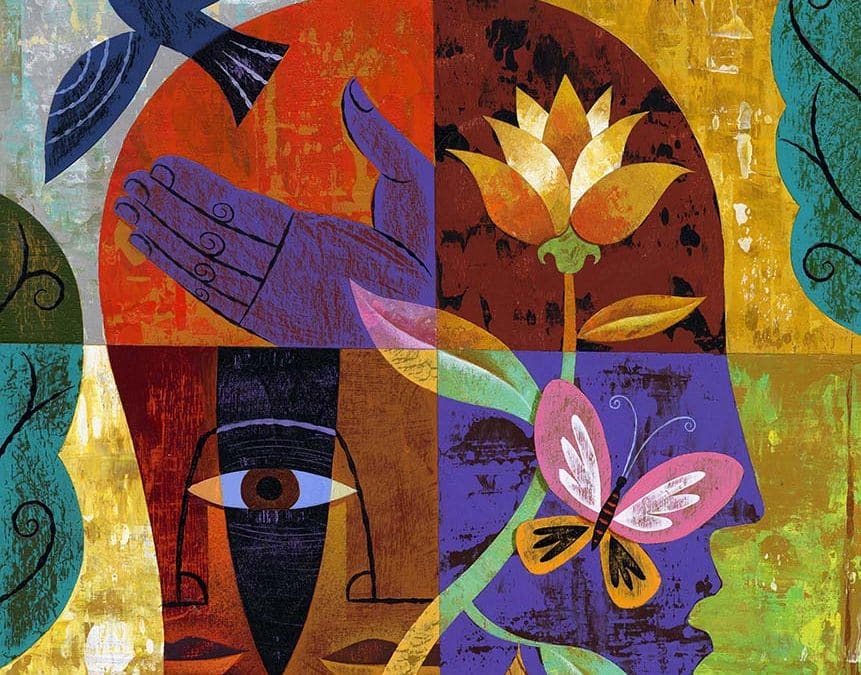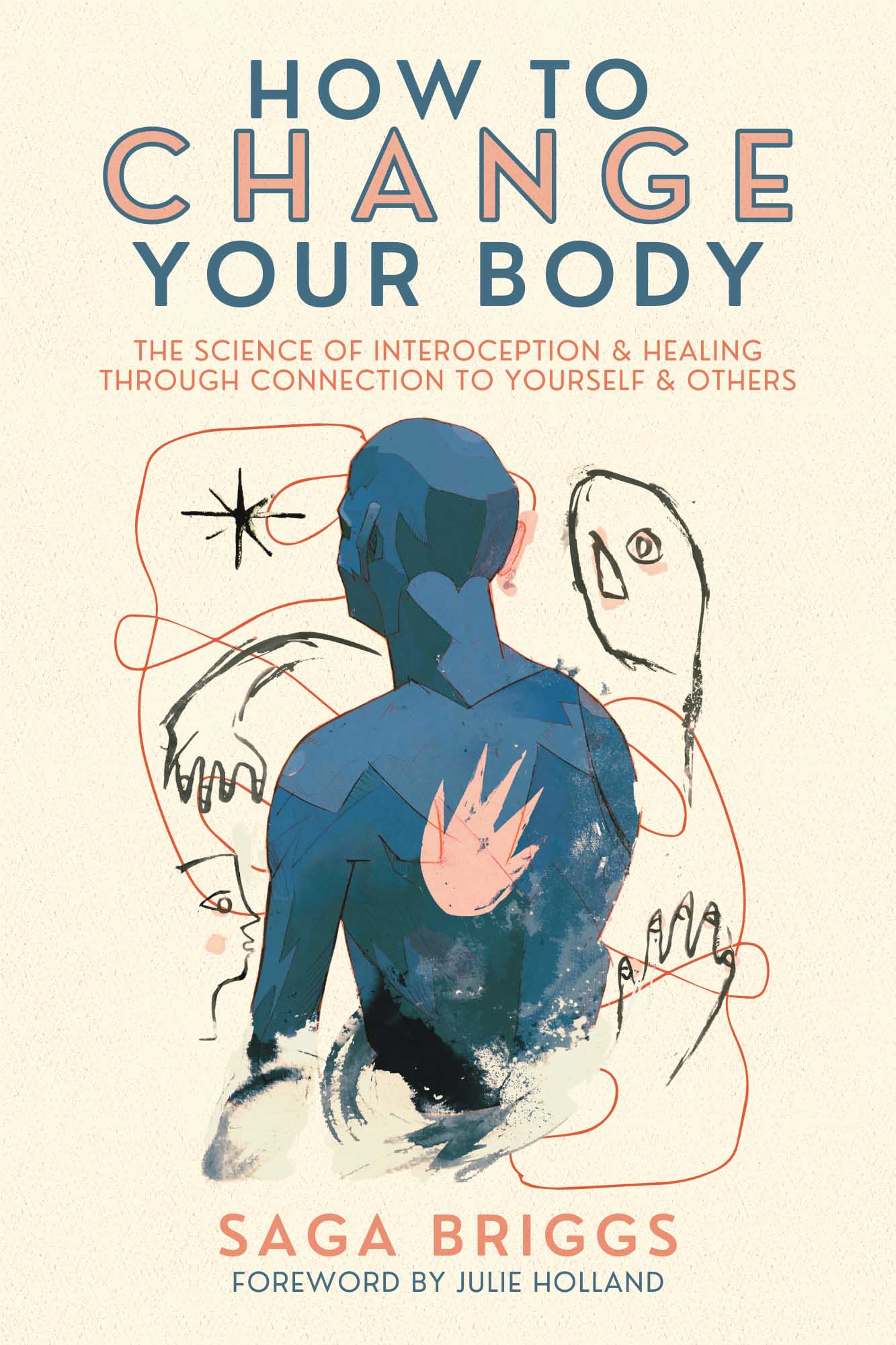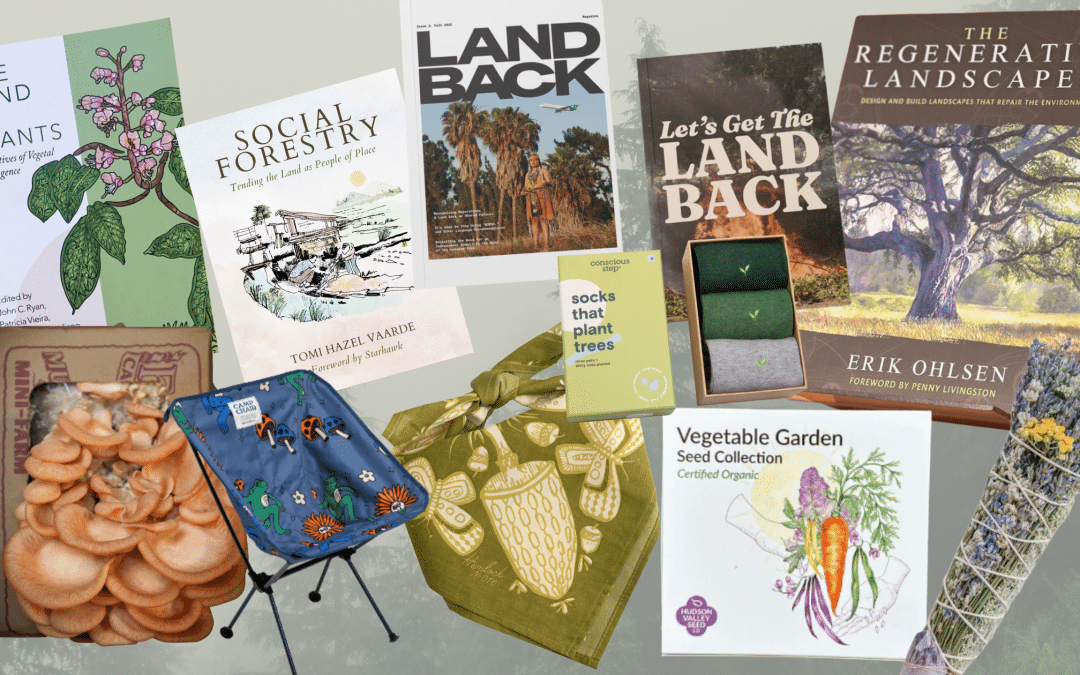
Nature-Inspired Giving: The Earth-Lovers Gift Guide
Explore our Earth-Lovers Gift Guide, unveiling 10 purposeful products for those who cherish the interconnectedness of all living beings. From permaculture books and sage bundles to Indigenous perspectives on land reclamation, each item inspires regenerative practices and positive impact on the planet. Discover the power of conscious gifting and contribute to the flourishing of independent creators, small businesses, and the vibrant Earth-loving community. Gift consciously and let each item be a reminder of our profound connection with the Earth and its diverse inhabitants.
 1. The Regenerative Landscaper: Design Landscapes that Repair the Environment by Erik Ohlsen, $32.95
1. The Regenerative Landscaper: Design Landscapes that Repair the Environment by Erik Ohlsen, $32.95
An awe-inspiring guide that weaves together permaculture design, food resiliency, climate adaptation, community organizing, and Indigenous wisdom that you can implement in your own backyard. This book has been crafted for beginner gardeners and large-scale permaculturists alike. It is a step-by-step manual starting from your landscaping ideas and ending with seeds and trees confidently planted. More than a mere landscaping guide, it serves as a motivational read addressing climate change, species extinction, and ecological collapse. Ideal for nature enthusiasts, eco-conscious individuals, and anyone passionate about sustainable living, this book makes a thoughtful gift that empowers readers to make a positive impact on the earth.
 2. Social Forestry: Tending the Land as People of Place by Tomi Hazel Vaarde, $29.95
2. Social Forestry: Tending the Land as People of Place by Tomi Hazel Vaarde, $29.95
Social Forestry is an essential guide for individuals seeking a reciprocal relationship with their communities, themselves, and the breathtaking landscapes that surround them. While many Indigenous peoples have honed regenerative management through generations of living in harmony with their environments, modern society lacks widespread examples of holistic planning and participation. In an era marked by climate challenges, human survival imperatives, and the urgent need to preserve biodiversity, this book advocates for a radical return to roots. For anyone seeking to transform their connection to the environment and learn the art of tending to ecosystems, Social Forestry is an indispensable manual offering wisdom and actionable insights.
 3. The Mind of Plants: Narratives of Vegetal Intelligence edited by Monica Gagliano, John Charles Ryan, and Patricia Vieira, $24.95
3. The Mind of Plants: Narratives of Vegetal Intelligence edited by Monica Gagliano, John Charles Ryan, and Patricia Vieira, $24.95
Dive into the intriguing world of plant consciousness and human connections with nature in The Mind of Plants. From apples to ayahuasca, this collection of essays, narratives, and poetry explores the conscious essence of plants and their intricate interactions with humanity and the world. With contributions from notable authors like Robin Wall Kimmerer and Jeremy Narby, the book delves into the wisdom gleaned from scientific research, spiritual teachings, and personal reflections. Ideal for animists, earth lovers, and anyone who engages in conversations with the more-than-human world, this captivating anthology is a perfect gift.
 4. Landback Publication Bundle by NDN Collective, $22
4. Landback Publication Bundle by NDN Collective, $22
The LANDBACK Publication Bundle, featuring Issue 2 of the LANDBACK Magazine and Let’s Get The Land Back: A Toolkit to Restore Our Relations, offers a comprehensive exploration of Indigenous perspectives and actions related to land reclamation. With over 140 pages of compelling content in Issue 2, readers will delve into topics ranging from the quest for an Independent Hawaiʻi in the aftermath of the Lahaina Fire to the challenges and triumphs of Indigenous filmmaking and the transformative power of motherhood and ceremony in overcoming disconnection. Additionally, the toolkit serves as a practical roadmap, inspiration source, and resource guide for those committed to restoring land to tribes. A perfect gift for earth lovers, this publication bundle not only educates but also inspires meaningful engagement with the vital issue of land restoration and Indigenous sovereignty.
 5. Dancin’ Frogs Packable Chair by Parks Project, $85
5. Dancin’ Frogs Packable Chair by Parks Project, $85
Crafted for those who cherish the great outdoors, this camp chair from Parks Project is not just about comfort; it’s a statement of commitment to leaving our outdoor spaces better than we found them. Parks Project is on a mission to protect and preserve parklands for future generations through education, advocacy, volunteering, and activating park supporters like you. The organization has already made a significant impact, channeling over $2,500,000 toward crucial projects in parks across the United States.
 6. Pink Oyster Mushroom Mini-Farm Grow Kit by Far West Fungi, $25
6. Pink Oyster Mushroom Mini-Farm Grow Kit by Far West Fungi, $25
For those eager to deepen their connection with the natural world and foster a more intentional relationship with their food, the Mushroom Mini-Farm Grow Kit is the perfect gift. This extraordinary kit features Pleurotus ostreatus, a tropical strain of oyster mushrooms that resembles succulent clusters of shellfish, reaching up to 18 inches in diameter. With vibrant pink fruiting bodies reminiscent of coral or rose petals, these mushrooms boast a meaty taste, making them an excellent substitute for vegetarians. The high iron content contributes to their vivid color and rich flavor. This grow kit, a unique and captivating present, requires only light misting to yield three to four crops over a two-month period, producing one to two pounds of these delectable mushrooms with proper care. It’s a thoughtful gift for anyone seeking a delightful and immersive experience in cultivating their own food from the fascinating world of mushrooms.
 7. Sage Bundle with Lavender & Crystal by Pura Luna Apothecary, $34
7. Sage Bundle with Lavender & Crystal by Pura Luna Apothecary, $34
Indulge in the harmonious embrace of nature with Pura Luna Apothecary’s mountain sage, lavender, floral Accent & citrine crystal Sage Bundle. Crafted for nature lovers, this bundle is a sensory journey designed to instill calm, cleanse, and create tranquility in both your space and aura. Combining dried sage and lavender incense brings a dual essence of spiritual clearing and relaxation. Supporting small businesses and ventures owned by women and minorities, Pura Luna Apothecary has a thoughtfully crafted selection, including everything from herbal blends and tinctures to candles to oracle decks.
 8. Vegetable Garden Seed Collection by Hudson Valley Seed Co, $22.95
8. Vegetable Garden Seed Collection by Hudson Valley Seed Co, $22.95
Gift the Hudson Valley Seed Co’s Vegetable Garden mix to someone special, and sow the seeds of a deeper connection with the food they eat. Perfect for individuals living both in and out of urban environments, this boxed set of organic seeds is an invitation to cultivate a more direct relationship with plants and the source of our sustenance. Each seed variety in this collection, including Brilliant Beet Blend, Danvers Carrot, Radiant Radish, Tri-Color Bean, and Ultimate Salad Bowl, represents a flavorful journey into the world of homegrown vegetables. These organic seeds, ready to be planted directly into the ground, offer not just the promise of a bountiful harvest but an opportunity to get creative with your gardening endeavors.
This holiday season, cozy up with Conscious Step’s Socks That Plant Trees. Crafted from GOTS Certified Organic Cotton, these socks offer not only warmth but also a commitment to sustainability. Featuring Fairtrade Certified production, vegan-friendly materials, and a dedication to environmental causes through 1% for the Planet, these socks make every step a statement of ethical living. Give the gift of coziness and consciousness, reminding your loved ones that our choices can bring warmth and positive change even in the winter chill.
 10. Mushrooms Bandana by Hemlock, $17
10. Mushrooms Bandana by Hemlock, $17
Step into the enchanting world of Hemlock Goods with the bestseller, Mushrooms! The slightly funky, slightly mystical design features creamy, dreamy fungi and earth-toned moths on an olive green background, creating a natural and whimsical charm that’s sure to earn you gushy compliments. Their bandanas are versatile and resilient, ready to hold your hair back, complement your outfit, clean up spills, or safeguard your favorite snacks and treasures. Founded on the ethos of saving people from undesirable jobs, Hemlock Goods collaborates with a production partner in India, ensuring each bandana is screen-printed by hand with 100% cotton.
 1.
1. 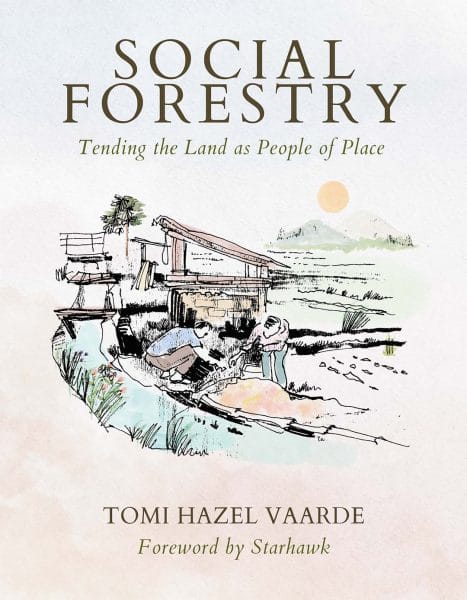 2.
2. 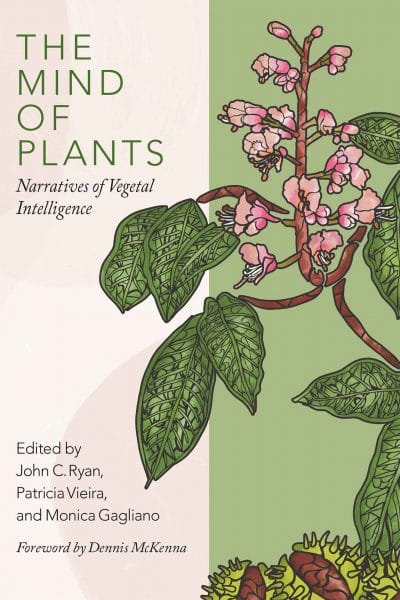 3.
3.  4.
4.  5.
5. 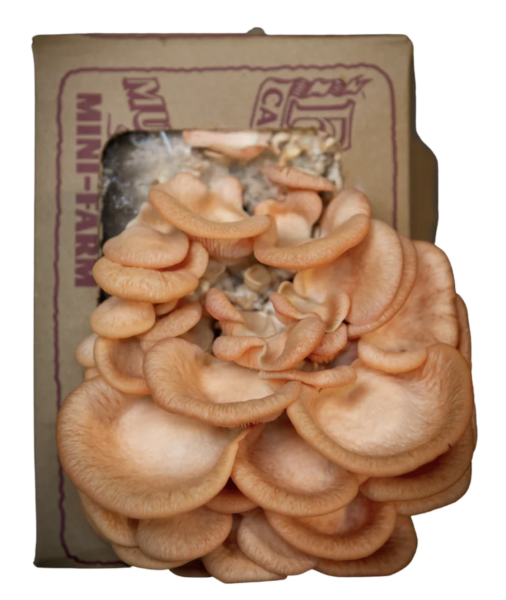 6.
6.  7.
7.  8.
8. 
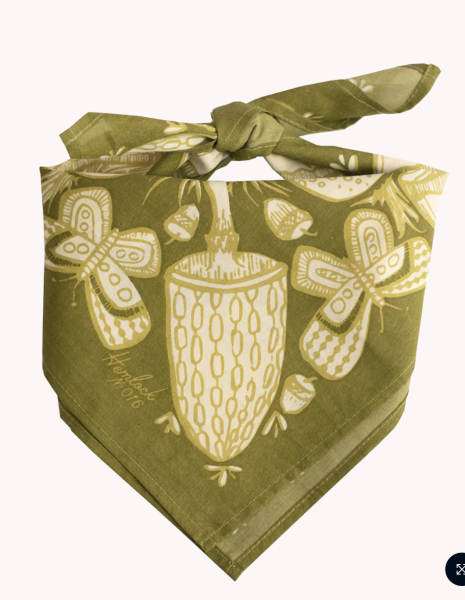 10.
10. 